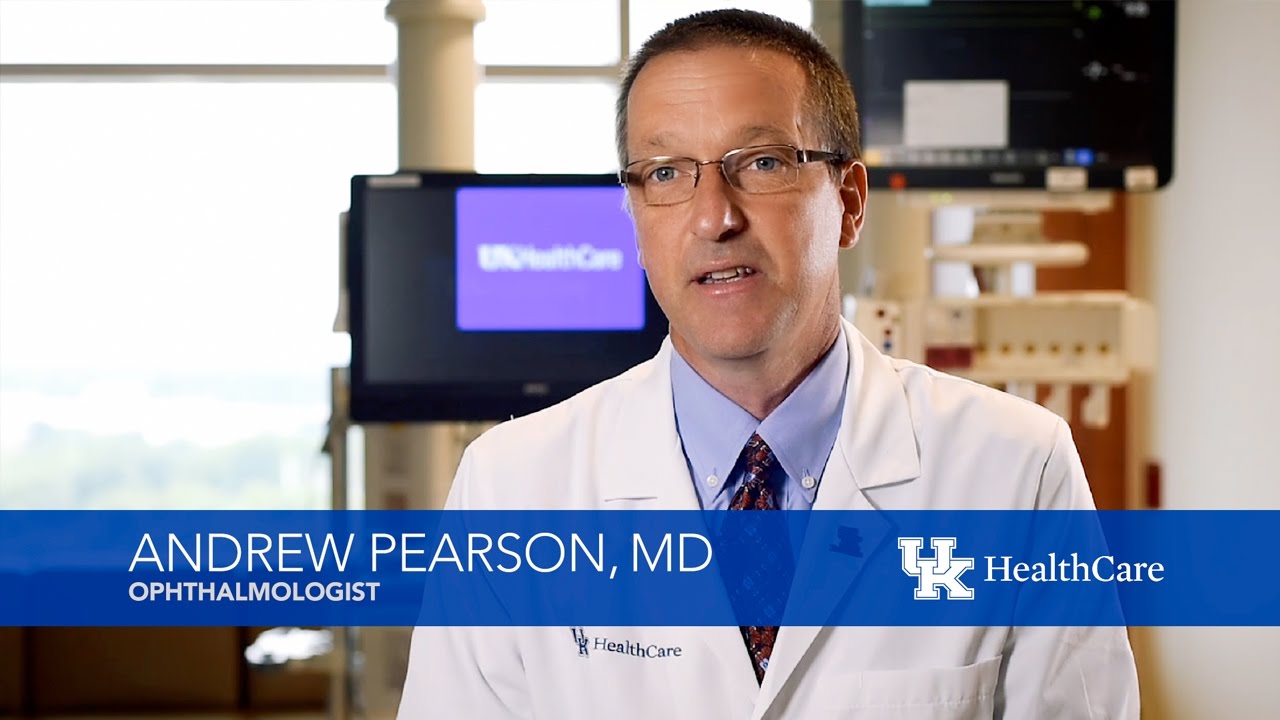Retinal Diseases
 The leading causes of vision impairment and blindness in the United States are primarily age-related eye diseases. The number of Americans at risk for age-related eye diseases is increasing as the baby boomer generation ages. These conditions, including age-related macular degeneration, cataract, diabetic retinopathy and glaucoma, affect more Americans than ever before. Disturbingly, the number of Americans with age-related eye disease and the vision impairment that results is expected to double within the next three decades, according to PreventBlindness.org.
The leading causes of vision impairment and blindness in the United States are primarily age-related eye diseases. The number of Americans at risk for age-related eye diseases is increasing as the baby boomer generation ages. These conditions, including age-related macular degeneration, cataract, diabetic retinopathy and glaucoma, affect more Americans than ever before. Disturbingly, the number of Americans with age-related eye disease and the vision impairment that results is expected to double within the next three decades, according to PreventBlindness.org.
Most common retina diseases we treat:
Diabetic retinopathy
Diabetic retinopathy is the leading cause of blindness in the working-age population.
Diabetic retinopathy occurs when high blood sugar levels cause damage to blood vessels in the retina. Consequences of this include blood vessel swelling, leaking or closing, which can stop blood from passing through. Any of these changes can have a negative impact on your vision.
All people with diabetes need eye exams at least once a year. At UK Advanced Eye Care, we treat the most complicated and blinding forms of diabetic retinopathy.
Age-related macular degeneration (AMD)
Macular degeneration is an irreversible eye disease that frequently causes central vision loss and can manifest in many different ways. It may begin with a few symptoms, but in almost all cases, it advances to further vision problems. In some people, macular degeneration progresses slowly, and vision loss may not occur for a long time. In others, the disease progresses quickly and may lead to a loss of vision in one or both eyes.
We offer a wide variety of treatment options for macular degeneration, including low-vision solutions.
Uveitis
Uveitis is the inflammation of the uvea, which is the middle layer of the eye between the retina and the sclera. This can lead to vision loss if left untreated and is sometimes found in patients who suffer from various autoimmune diseases.
Retinal tears and detachment
Retinal tears or detachment are painless. Symptoms include new onset floaters, flashing lights and curtain or shade vision. These symptoms will require prompt evaluation.
We also treat:
- Retinal vascular occlusions.
- Eye tumors.
- Macular hole.
- Vitreous hemorrhage.
- Eye trauma.







